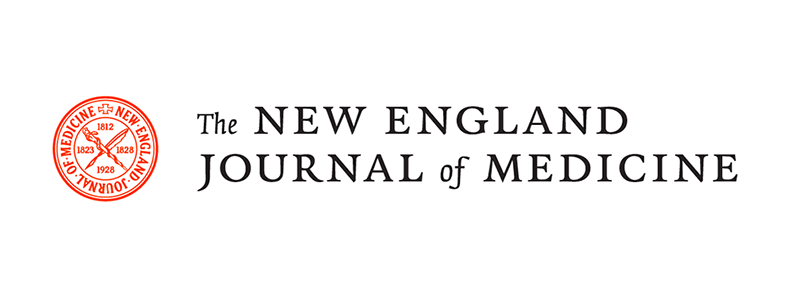Authors: Andrew C. Chen, Andrew J. Martin, Bonita Choy, Pablo Fernández-Peñas, Robyn A. Dalziell, Catriona A. McKenzie, Richard A. Scolyer, Haryana M. Dhillon, Janette L. Vardy, Anne Kricker, Gayathri St. George, Niranthari Chinniah, Gary M. Halliday, and Diona L. Damian.
The New England Journal of Medicine 2015
Abstract
Nonmelanoma skin cancers, such as basal-cell carcinoma and squamous-cell carcinoma, are common cancers that are caused principally by ultraviolet (UV) radiation. Nicotinamide (vitamin B3) has been shown to have protective effects against damage caused by UV radiation and to reduce the rate of new premalignant actinic keratoses.
Results
At 12 months, the rate of new nonmelanoma skin cancers was lower by 23% (95% confidence interval [CI], 4 to 38) in the nicotinamide group than in the placebo group (P=0.02). Similar differences were found between the nicotinamide group and the placebo group with respect to new basal-cell carcinomas (20% [95% CI, −6 to 39] lower rate with nicotinamide, P=0.12) and new squamous-cell carcinomas (30% [95% CI, 0 to 51] lower rate, P=0.05). The number of actinic keratoses was 11% lower in the nicotinamide group than in the placebo group at 3 months (P=0.01), 14% lower at 6 months (P<0.001), 20% lower at 9 months (P<0.001), and 13% lower at 12 months (P=0.001). No noteworthy between-group differences were found with respect to the number or types of adverse events during the 12-month intervention period, and there was no evidence of benefit after nicotinamide was discontinued.
Conclusions
Oral nicotinamide was safe and effective in reducing the rates of new nonmelanoma skin cancers and actinic keratoses in high-risk patients. (Funded by the National Health and Medical Research Council; ONTRAC Australian New Zealand Clinical Trials Registry number, ACTRN12612000625875.)
DOI: 10.1056/NEJMoa1506197
Share

